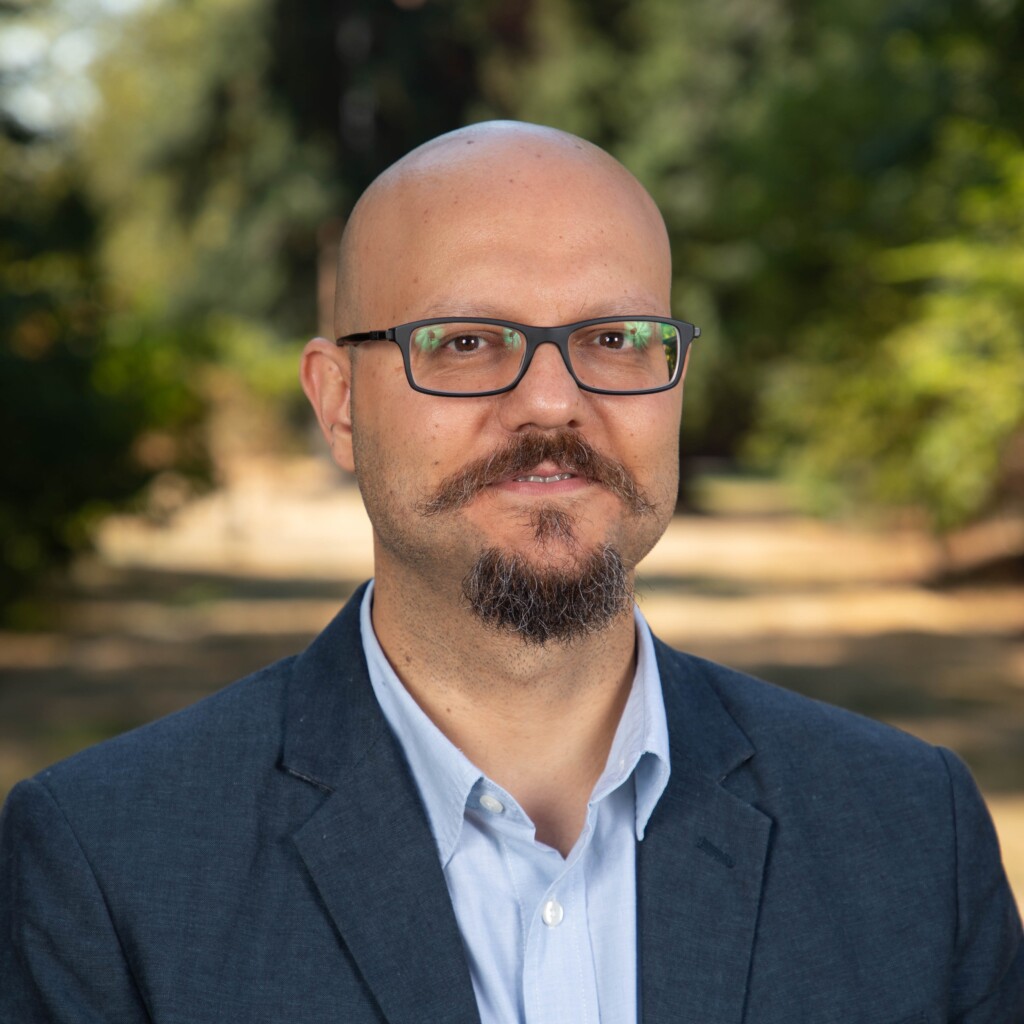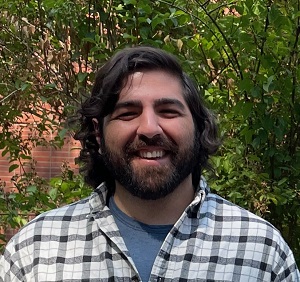Page 180 • (12,639 results in 0.081 seconds)
-

is primarily interested in sociocultural, philosophical, ethical, ecological, and critical issues as they relate to the phenomena of consumption, marketing, and the market institution. Hence, his research integrates consumer behavior, consumer culture theory, sociology of consumption, cultural studies, critical marketing, poststructuralism, and macromarketing to generate theoretical, managerial, and social insights toward a healthy, fair, and sustainable future. More specifically, sub-areas of
-

Bible Historical Jesus Social Scientific Criticism Books Jesus, Debt, and the Lord's Prayer: First-Century Debt and Jesus' Intentions (Cascade Books 2014) : View Book The Political Aims of Jesus: Peasant Politics in Herodian Galilee (Fortress Press 2012) : View Book Jesus and the Peasants (Matrix: The Bible in Mediterranean Context) (Wipf & Stock 2008) : View Book Palestine in the Time of Jesus: Social Structures and Social Conflicts with co-author K. C. Hanson (Fortress Press 1998) : View Book
Contact InformationArea of Emphasis/Expertise -

following his official denouncement from party leaders in 1936. In writing Symphony No. 5, Shostakovich called it a “Soviet artist’s creative response to justified criticism.” The contentious final movement of Symphony No. 5 is often characterized as Shostakovich’s most direct appeal to the Communist Party leaders. The character of the music varies wildly, beginning with a bombastic and excitable march that calms and then coalesces into a menacing developmental section. The finale feels militaristic
-
-human animals. I describe how my perspective on these ethical matters underwent a shift throughout my research. At the beginning of my research my perspective was largely informed by the work of utilitarian ethicist Peter Singer and his book titled How Are We to Live?: Ethics in an Age of Self-interest. However, after reading two works foundational to Nietzsche’s conception of morality, Thus Spoke Zarathustra and Beyond Good and Evil, I encountered Nietzsche’s criticism of utilitarianism and his
-
academic unit. (1 to 4) ANTH 480 : Anthropological Inquiry Historic and thematic study of the theoretical foundations of anthropology: research methods; how theory and methods are used to establish anthropological knowledge. Required of majors in their junior or senior year. Prerequisite: at least two 300-level anthropology courses or consent of instructor. (4) ANTH 487 : Special Topics in Anthropology To provide undergraduate students with new, one-time, and developing courses not yet available in the
-
environment through a critical race lens as students begin to explore theory and practice with diverse clients in healthcare settings. Students will explore the concepts of privilege, oppression, and social justice in their work with diverse clients. This course will emphasize the impact discrimination and oppression by individuals and society have on the developmental experience for people from culturally diverse backgrounds and orientations. Students will develop an understanding of the ecological
-
, research projects) be able to develop oral presentations Level III: Anthropology 300 & 400 Level CoursesDuring their third year majors should be able to: understand a culture area, including the similarities and diversities in it look at a cultural topic in a large number of cultures throughout the world read and use scholarly literature recognize theory and method in the anthropological literature develop an integrated research paper using professional sources consistently and accurately use the
-
listed on the student term-based record as ST: followed by the specific title designated by the academic unit. (1 to 4) ECON 291 : Directed Study To provide individual undergraduate students with introductory study not available in the regular curriculum. The title will be listed on the student term-based record as DS: followed by the specific title designated by the student. (1 to 4) ECON 301 : Intermediate Microeconomic Analysis Theory of consumer behavior; product and factor prices under
-

Ali Mctar Visiting Assistant Professor of English Phone: 253-535-7776 Email: ali.mctar@plu.edu Office Location: Hauge Administration Building - 201-A Professional Education Ph.D., English Literature, Princeton University, 2021 B.A., Critical Theory, Williams College, 2014
-
passions of the present and to tell the story of the past objectively. In Ranke’s famous phrase, history should be recounted as it really was: “wie es eigentlich gewesen.” For Ranke and for others, the painstaking discovery, examination, and criticism of archival documents was like a laboratory method whereby the historian’s labor could transmute the showy dross of a momentous tale into the pure gold of historical truth. Fustel de Coulanges’s expression of this ideal was typical: “L”histroire n’est pas
Do you have any feedback for us? If so, feel free to use our Feedback Form.


